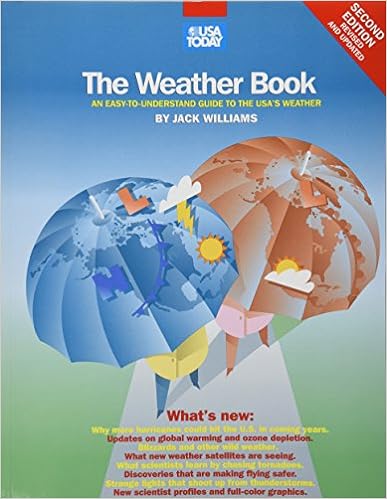twistedtree
Guru
I'm no weather expert, as the question suggests, but I've always wondered exactly WHY the weather is worse in the winter than in the summer. And I'm not talking about the temperature - I understand that part. For boating I think it's essentially about the winds, which drive waves, which makes boating unpleasant. I'm sure it has to do with highs and lows since that's what causes wind, but why more in the winter?
So why, meteorologically speaking, is the weather consistently worse in the winter? Or is it even? Hopefully our own resident expert, Wwx, can shed some light?
So why, meteorologically speaking, is the weather consistently worse in the winter? Or is it even? Hopefully our own resident expert, Wwx, can shed some light?



